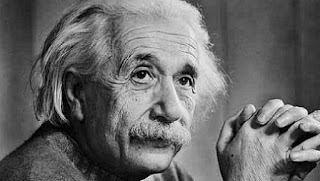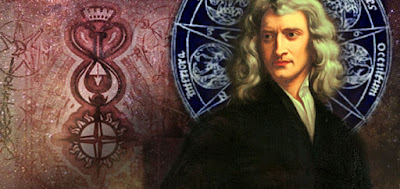Newton's Laws
First law
Every body remains in a state of rest or uniform motion in a straight line unless acted upon by forces
from outside .
The tendency of an object to remain moving in a straight line at constant speed or to remain stationary
is called Inertia.
Second law
The amount of acceleration of a body is proportional to the acting force and inversely proportional to
the mass of the body.
Newton (N) : If a force acting on a body of mass 1 kg produces an acceleration of 1m/s2 in it , the force is
called one newton.
Resultant Force (N) = mass (Kg) x acceleration (m/s2)
F = ma
Third law
To every action there is an equal but opposite reaction.
If an object A exerts a force on object B , then object B will exert an equal but opposite force on object A






Comments
Post a Comment